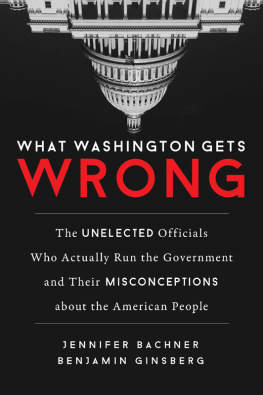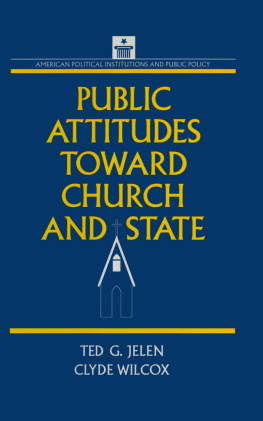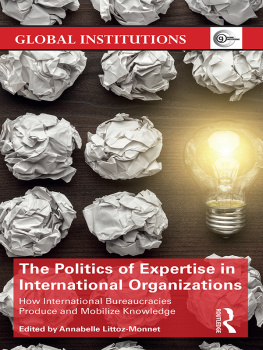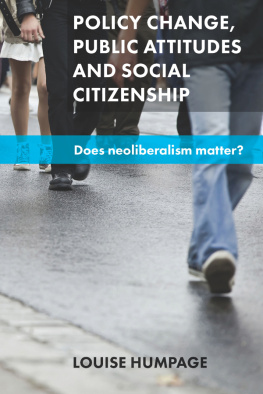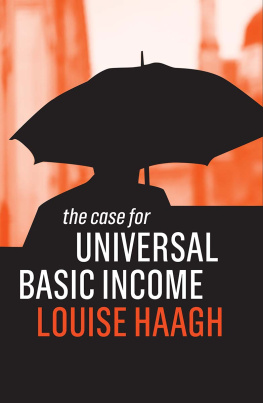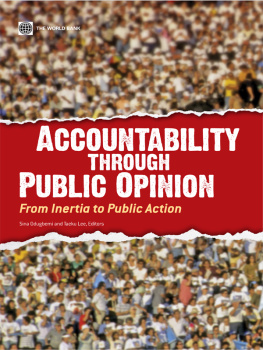Using the estimates from the propensity score regression models, we can calculate first differences. These first differences allow us to quantify the expected change in the probability that an individual is a member of the government when one of the components of civic distance is changed. In other words, a first difference is the expected change in probability that results from a change in one of the independent variables. For example, we can calculate the expected change in probability that an individual is a government official by increasing that individual's income or level of news consumption. presents these first differences and suggests a cumulative impact of the variables on civic distance. When calculating these first differences, the treatment is defined as being a member of the government (congressional/White House staff or civil service) or the policy community.
Cell entries display the first differences. 95 percent confidence intervals are shown in parentheses. A confidence interval is a measure of certainty about an estimate. A wider confidence interval means we are less certain about the true value of the estimate.
Our survey included ninety questions that yielded 320 variables. Many of the variables in the survey were collected in the form of matrix questions. For example, question 27 asked respondents about their consumption of nineteen different media sources, with a five-category response scale ranging from none to a great deal. This question thus resulted in 19 variables.
Many of the questions in our survey were also asked of respondents to the 2012 American National Election Study and the World Values Survey (Wave 6). This was done to facilitate a comparison of political opinions and policy attitudes between government officials and the American people.
An invitation to complete the survey was emailed to 2,376 potential respondents. We identified contacts at government agencies, congressional offices, the White House, and organizations in the policy community and obtained relevant email addresses through these contacts. The response rate was 36 percent, with 16.4 percent submitting complete surveys and 19.6 percent submitting partially complete surveys. This response rate is comparable with other scholarly surveys, such as the American National Election Studies. A partially complete survey means one or more questions were unanswered.
The 856 respondents to our survey work both in and with the federal government in the Washington area. We therefore refer to them throughout the text as inside-the-Beltway individuals. These individuals included congressional staffers, lobbyists, those who work at think tanks, political consulting firms, government agencies, government contract firms, and other similar organizations.
The survey was conducted online using Survey Monkey from February 2013February 2014.
SURVEY FOR WHAT THE GOVERNMENT THINKS OF PEOPLE
1. Which of the following best describes your employment status?
__ Employed, working 139 hours per week
__ Employed, working 40 or more hours per week
__ Not employed, looking for work
__ Not employed, NOT looking for work
__ Retired
__ Disabled, not able to work
2. Which of the following best describes your current place of employment?
__ Congress
__ White House
__ Federal agency
__ Non-federal government agency
__ Federal contractor
__ Federally funded research and development center (FFRDC)
__ Government-sponsored enterprise (GSE)
__ Think tank or policy institute
__ Nonprofit organization (non-think tank)
__ For-profit organization
__ Other (Please specify: _________________)
3. If you are a government employee, what is your GS level? ____________
4. If you are in the military, what is your rank? _________________
5. How long have worked in your current place of employment?
__ Less than one year
__ 12 years
__ 35 years
__ 67 years
__ More than 7 years
6. What is your job title? ______________________________________
7. Please list your places of full-time employment since college:
Employer 1: __________________ Years of employment: ____ - ____
Employer 2: __________________ Years of employment: ____ - ____
Employer 3: __________________ Years of employment: ____ - ____
Employer 4: __________________ Years of employment: ____ - ____
Employer 5: __________________ Years of employment: ____ - ____
8. What is your mother's occupation? _____________________
9. What is your father's occupation? ______________________
10. What is your highest level of education?
__ Did not graduate from high school
__ High school graduate
__ Some college, but no degree (yet)
__ 2-year college degree
__ 4-year college degree
__ Master's degree
__ JD
__ MBA
__ PhD
__ MD
__ Other (please specify: _______________________________)
11. Are you registered to vote?
__ Yes
__ No
__ Don't know
12. Did you vote in the 2008 presidential election?
__ Yes
__ No
__ Don't know
13. Did you vote in the 2010 midterm election?
__ Yes
__ No
__ Don't know
14. Did you vote in the 2012 election?
__ Yes
__ No
__ Don't know
15. Are you male or female?
__ Male
__ Female
16. Which category below includes your age?
__ 17 or younger
__ 1820
__ 2129
__ 3039
__ 4049
__ 5059
__ 60 or older
17. Which racial or ethnic group best describes you?
__ White
__ Black or African-American
__ Hispanic or Latino
__ Asian or Asian-American
__ Native American
__ Mixed Race
__ Other (please specify)
__ Middle Eastern
18. What is your present religion, if any?
__ Protestant
__ Roman Catholic
__ Mormon
__ Eastern or Greek Orthodox
__ Jewish
__ Muslim
__ Buddhist
__ Hindu
__ Atheist
__ Agnostic
__ Nothing in particular
__ Something else
19. Thinking about politics these days, how would you describe your own political viewpoint?

